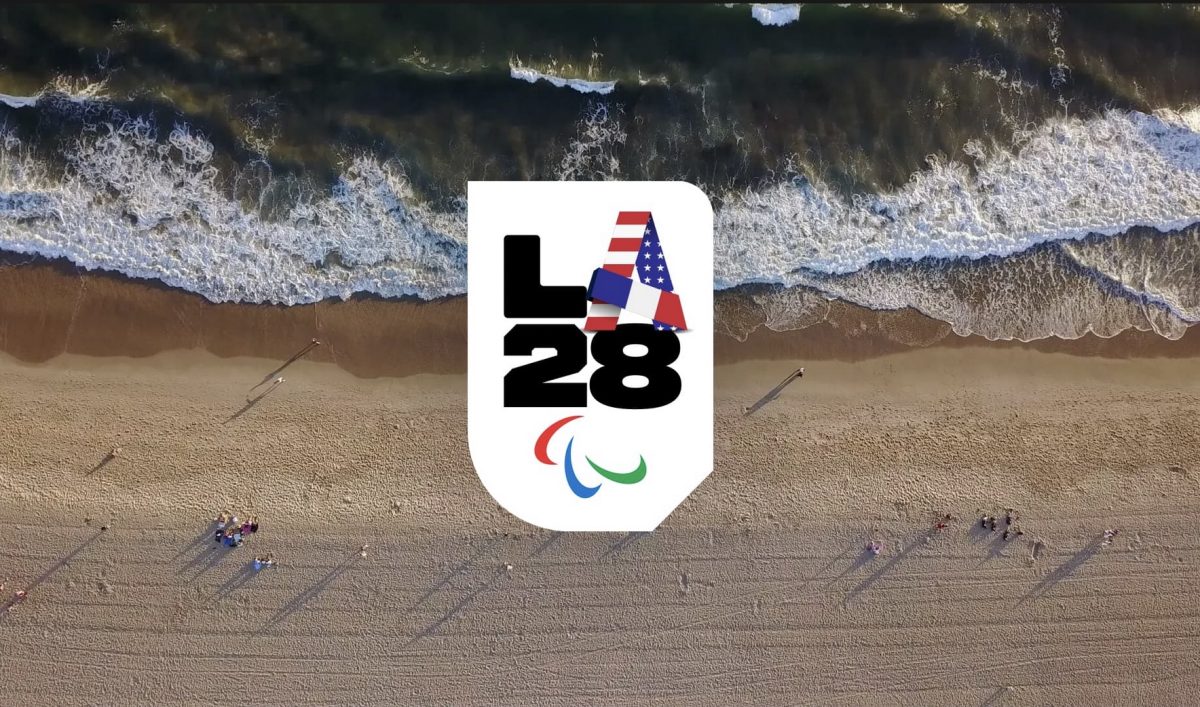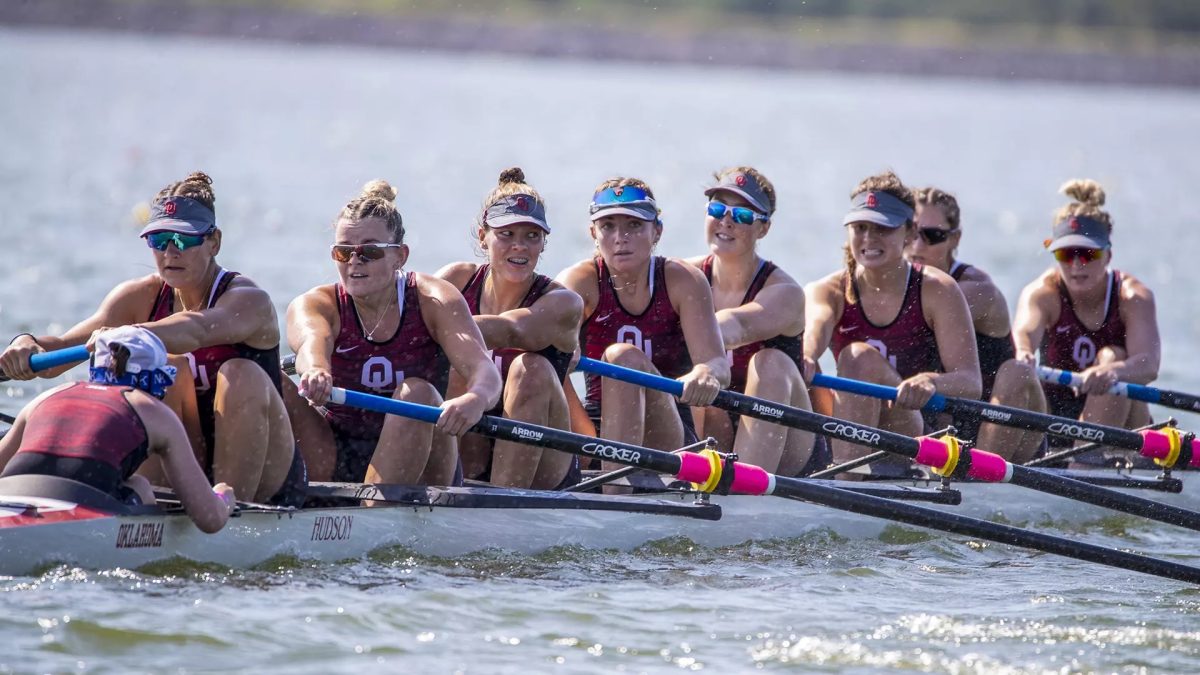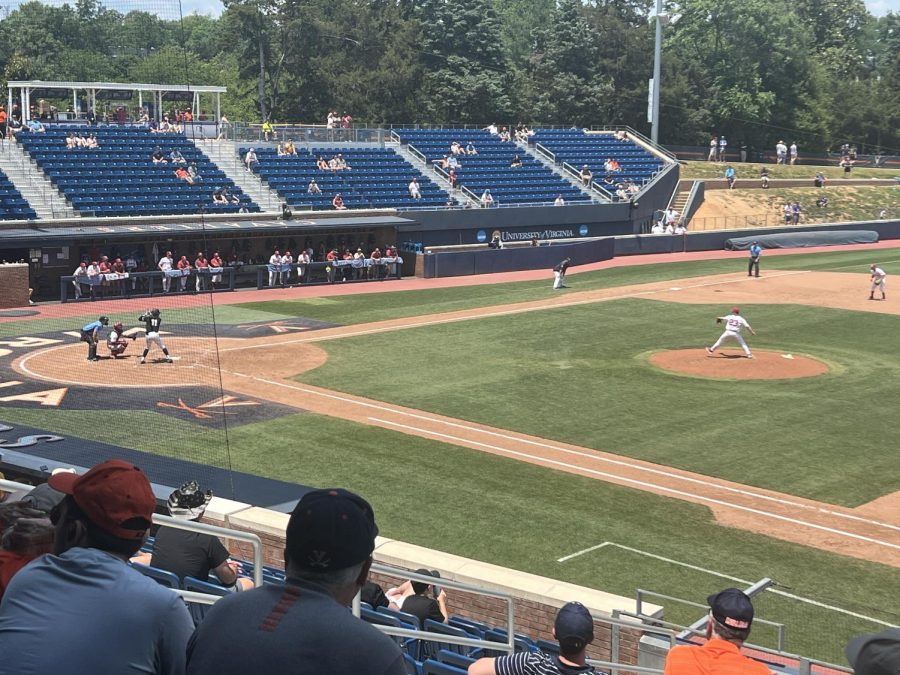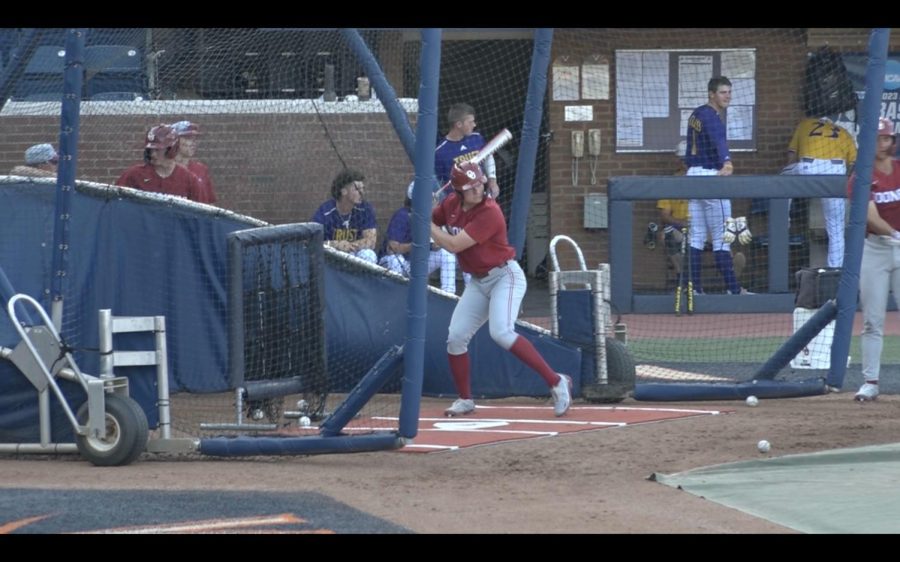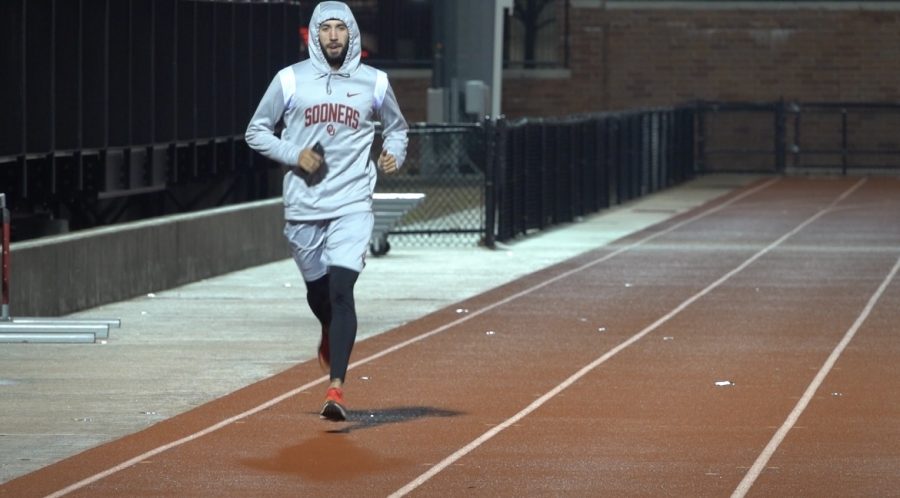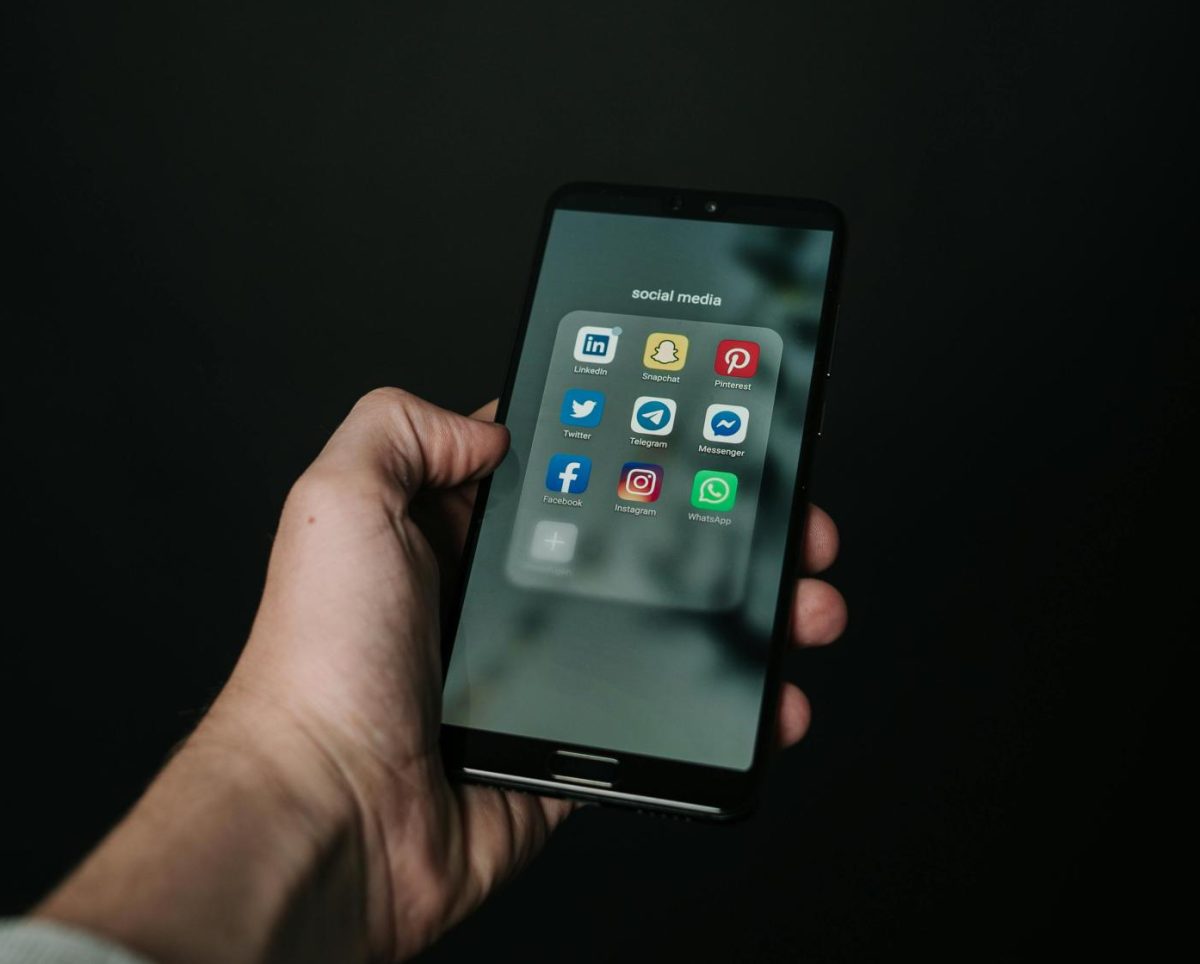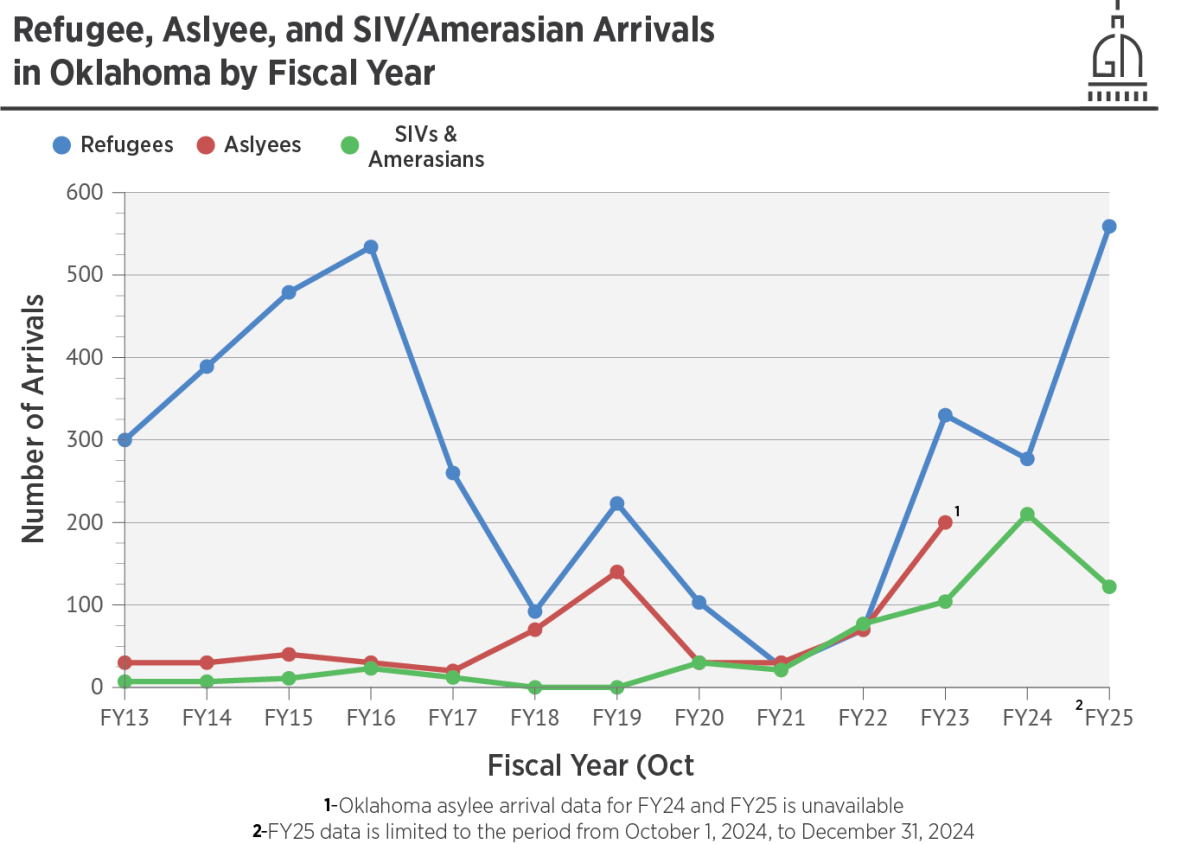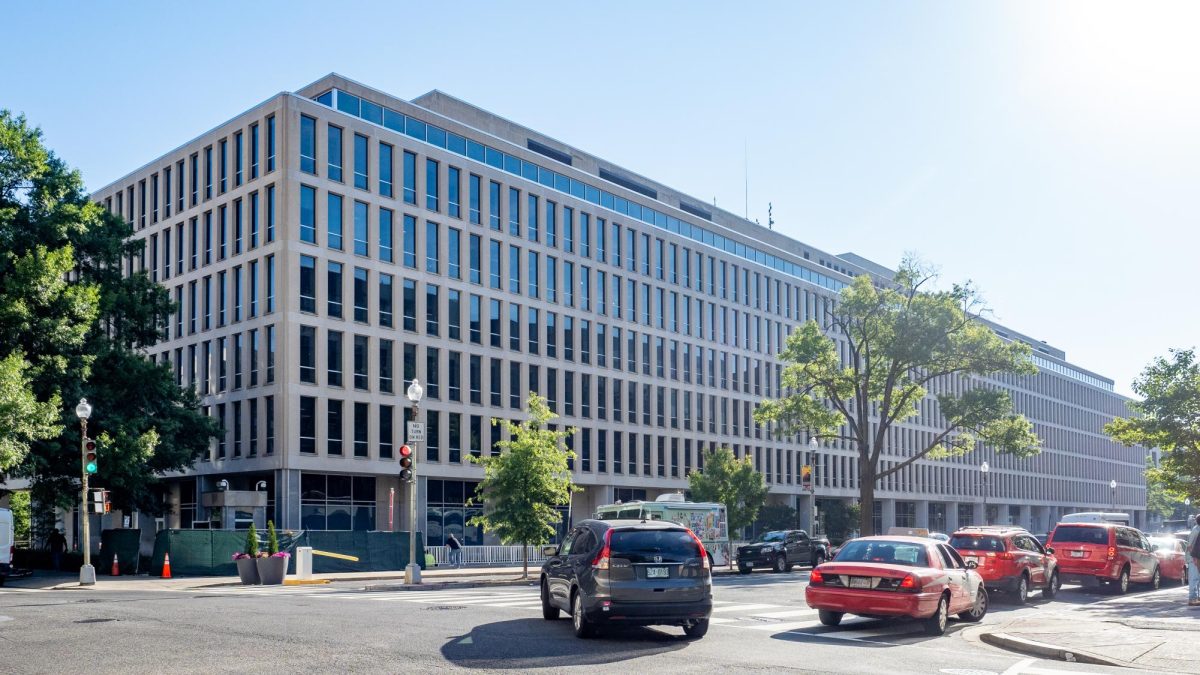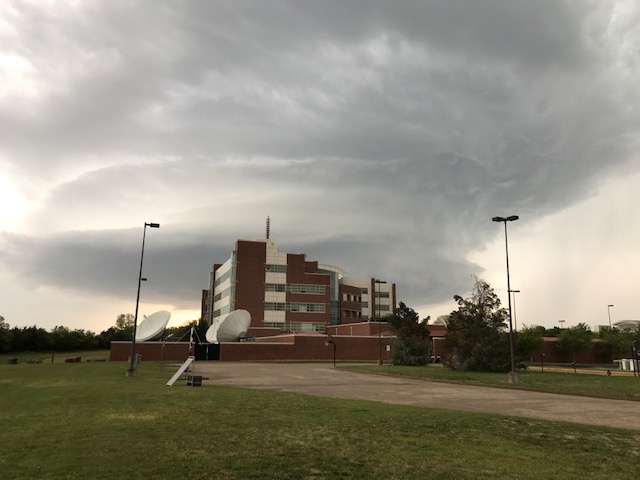WASHINGTON –– With Oklahoma City set to host six Olympic events in 2028, members of Congress are already raising questions about how both the Sooner State and Los Angeles will ensure the safety of athletes, fans and venues.
Nearly 15 million spectators are expected across the Los Angeles region and Oklahoma City, along with more than 11,000 Olympic and 4,400 Paralympic athletes, one of the primary concerns is how to ensure security for such a large-scale international event. Visitors to Oklahoma City will be see softball and five events in canoe/kayak slalom.
Senator James Lankford (R-Oklahoma City ), chair of the Subcommittee on Border Management, Federal Workforce and Regulatory Affairs, says much needs to be done to provide security, process visas and ensure logistical issues are handled.
“Our government must be on the ball and ready to secure the nation while ensuring seamless travel for all of our guests from around the world,” Lankford said. “However, when this committee spoke with DHS last year, I was very concerned that the administration had not yet laid out a sufficient format for these events.”
The U.S. will get a test run next year with the FIFA World Cups that it co-hosts with Canada and Mexico and the 250th anniversary of American independence.
Lankford emphasized that the federal government plans to invest in event security, visa processing and various logistical efforts. He highlighted that the 2026 World Cup match will coincide with the nation’s semiquincentennial on July 4 in Philadelphia.
One of his main concerns is the significant visa processing delays, especially for Colombian nationals whose wait times now exceed 18 months. For fans hoping to attend and support their national teams, applications would have needed to be submitted well in advance.
Agencies such as Customs and Border Protection, the State Department, the Federal Protective Service, the Secret Service and DHS have raised alarms about their capacity to manage visa applications and event security at this scale.
Security concerns are heightened by past incidents such as the 1996 Atlanta Olympics bombing, the 2013 Boston Marathon bombing and three attempted attacks during the 2024 Paris Olympics. Lankford noted that security now must also account for emerging threats, such as drone usage, referencing incidents near events like the recent NBA Finals in Oklahoma City.
Gina Ligon, director of the National Counterterrorism Innovation, Technology and Education Center at the University of Nebraska, told Lankford’s subcommittee that the Jan. 1 terrorist attack on Bourbon Street illustrates how modern attackers are blending traditional tactics with emerging technologies, including AI-powered surveillance glasses, decentralized apps and a mix of weaponry.
She emphasized the growing need to account for innovations like drones and improvised explosive devices, along with the increasingly diverse motivations and capabilities of today’s terrorists. She said the Department of Homeland Security needs to focus on often-overlooked parts of the national security workforce.
Shawn Kinder, whose company manages over 30 airports globally, said Congress needs to understand the sheer size of the upcoming events.
“The 2025 World Cup, 2026 FIFA World Cup, and 2028 Olympics could generate $100 billion in economic activity and bring in 40 million international travelers,” he said. Adding to the complexity of the 2028 Olympics is the Oklahoma City Will Rogers Airport won’t launch international service until Nov. 8.
Lignon said studying the 2024 Paris attacks will provide insight into where an attack could cause the most disruption, including crowd control and evacuation planning.
“Planning for how we respond to an attack is something the federal government can resource right now,” she said.
Gaylord News is a reporting project of the University of Oklahoma Gaylord College of Journalism and Mass Communication. For more stories by Gaylord News go to GaylordNews.net

